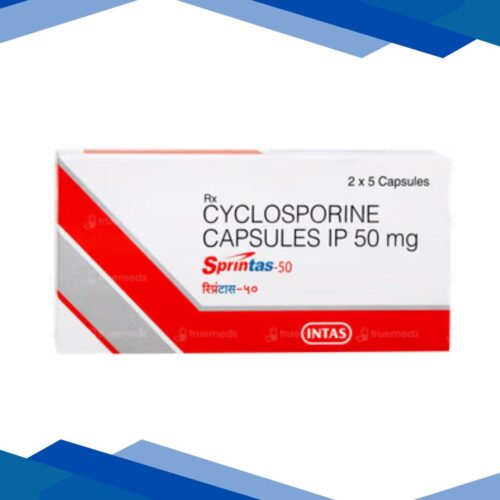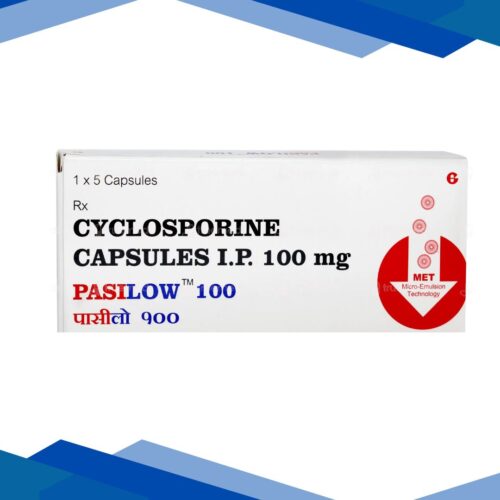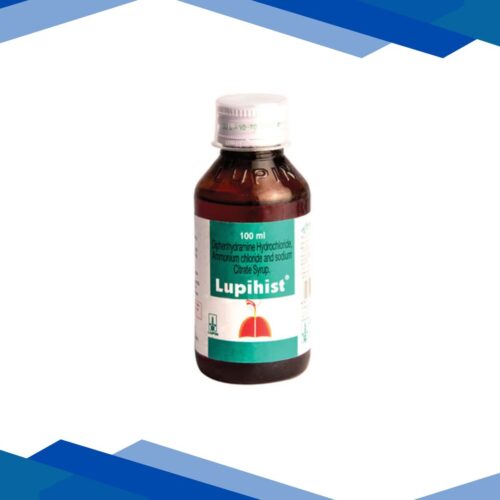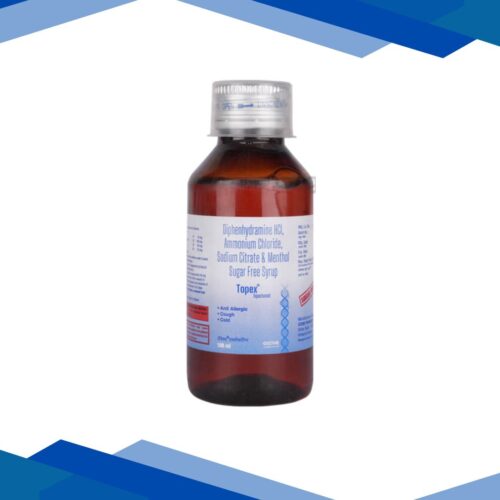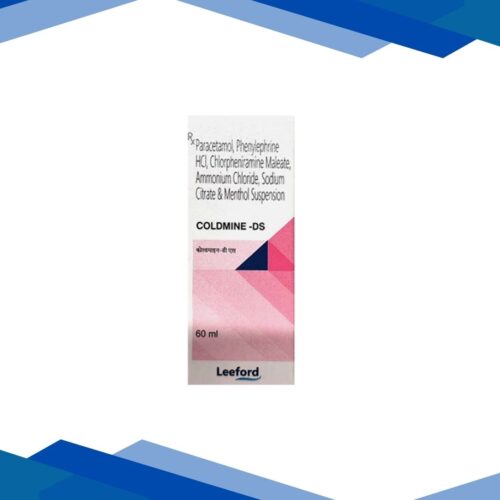AMMONIUM CHLORIDE
Overview:
Ammonium chloride is a medication and chemical compound that helps loosen mucus in the lungs and maintain the body’s acid balance. It’s frequently utilized in cough syrups as an expectorant, that is, a substance that helps to loosen stubborn mucus so it can be coughed up.
Physicians may utilize ammonium chloride to address a condition known as metabolic alkalosis. Here, the medicine is helping the body return to its rightful acid equilibrium.
Though it’s typically safe in accordance with the directions, it ought to be consumed cautiously—in particular, in individuals with kidney/liver/heart issues.
Classification: Acidifier and expectorant
Uses:
To loosen and thin mucus in the lungs, helping to clear chest congestion
Help restore acid-base balance in the body when it becomes too alkaline (a condition called metabolic alkalosis)
How It Works:
Ammonium chloride works in two main ways:
As an expectorant, it irritates the mucous membranes to promote the removal of mucus from the airways, making it easier to cough out.
As an acidifying agent, it increases the level of acid in the blood and urine, helping correct imbalances in the body’s chemistry.
Dosage: As prescribed by your doctor.
Side effects:
Some people may experience:
Stomach upset or nausea
Vomiting
Fatigue or weakness
Irritability
If taken in large amounts or for long periods, it can affect blood pH or kidney function
Precautions:
Should be used with caution in people with kidney disease, liver problems, or high blood pressure
Not recommended during pregnancy or breastfeeding unless prescribed
People on low-sodium diets should use it carefully, as it may raise sodium levels
Always follow the prescribed dose, and avoid self-medicating
Disclaimer:
This content is for informational purposes only. Always consult a healthcare provider for medical advice and proper dosage




